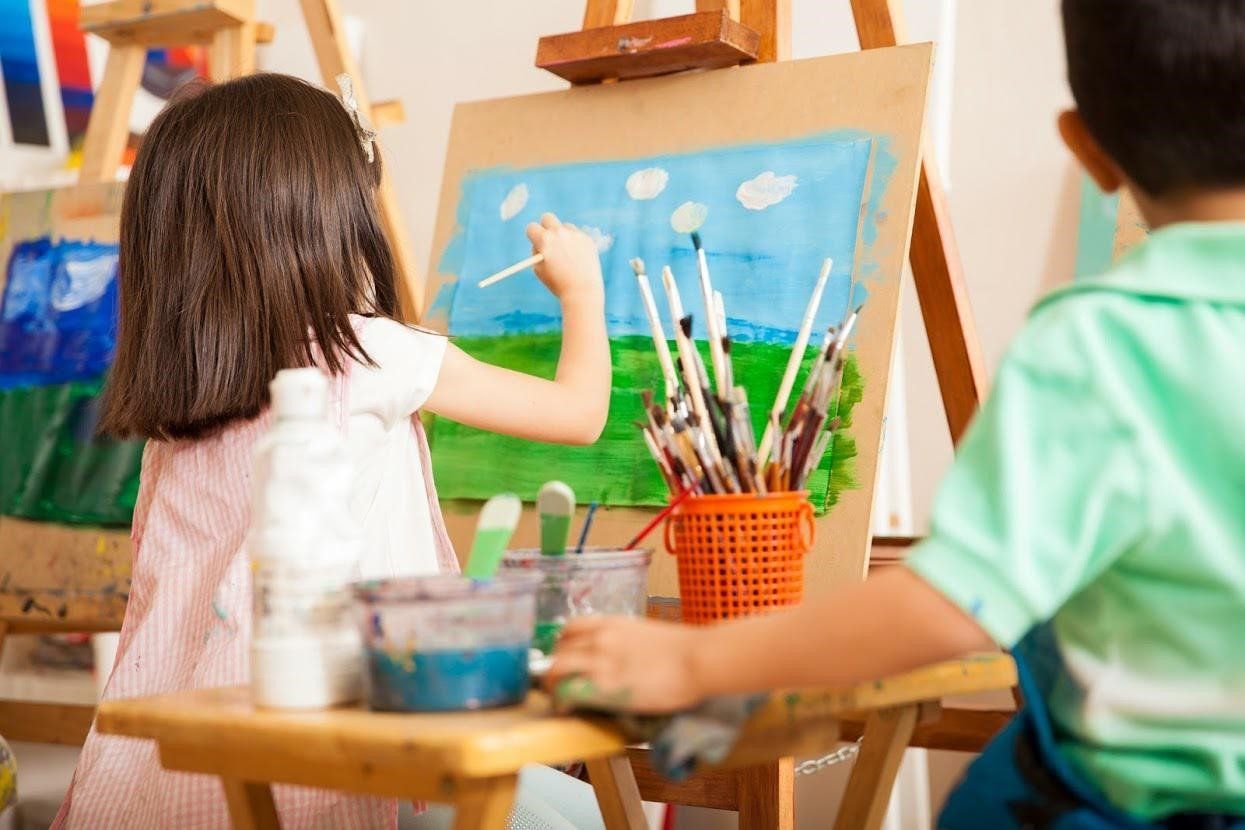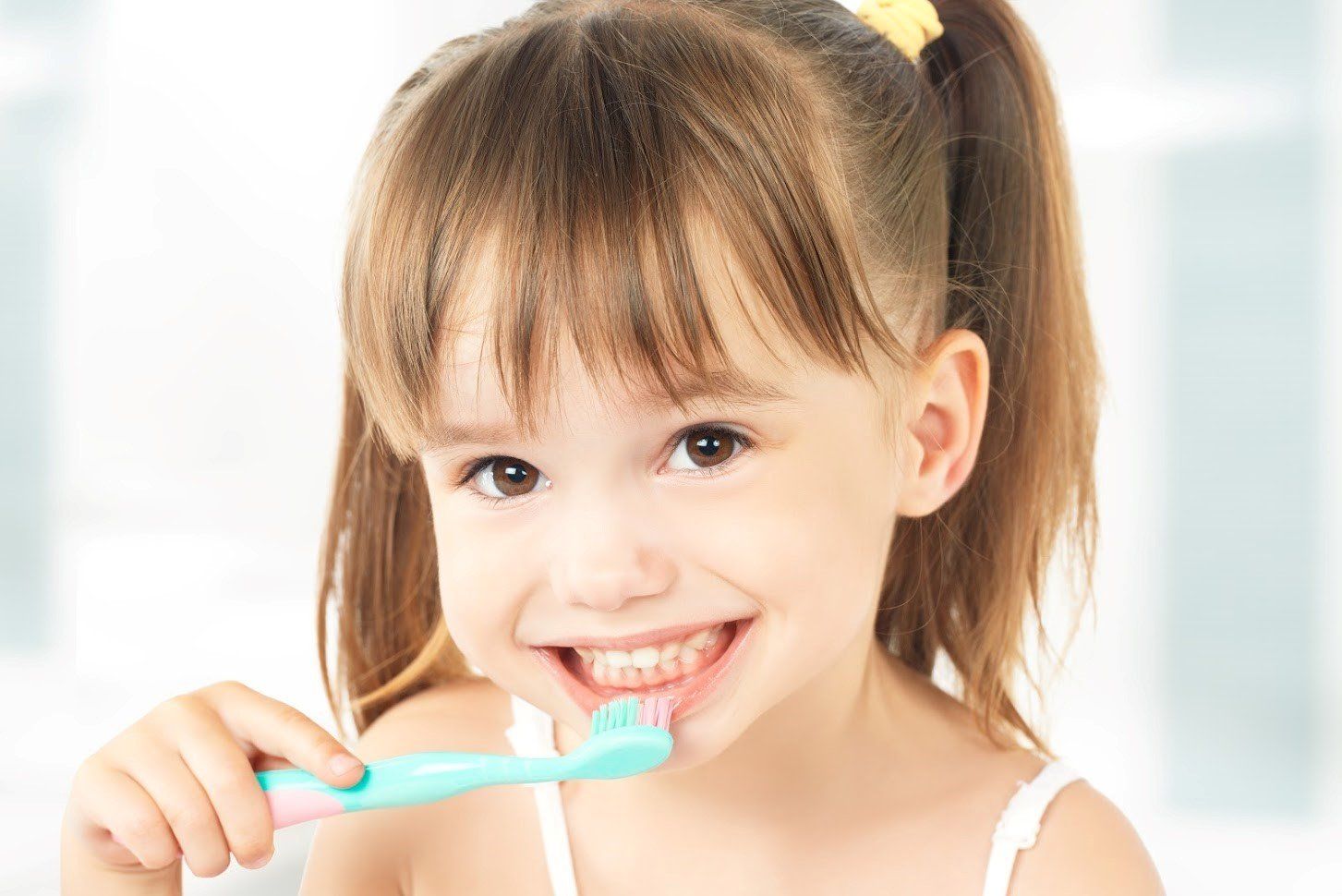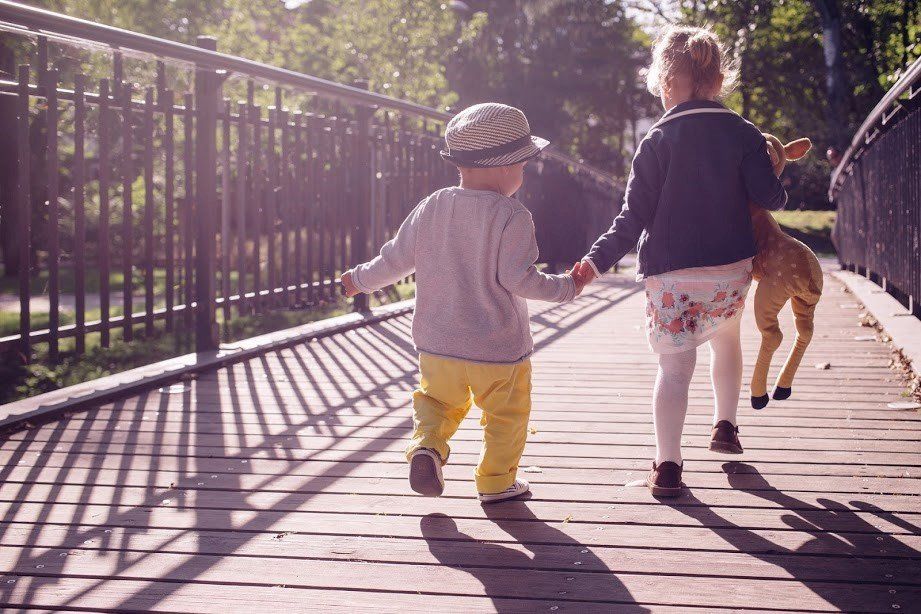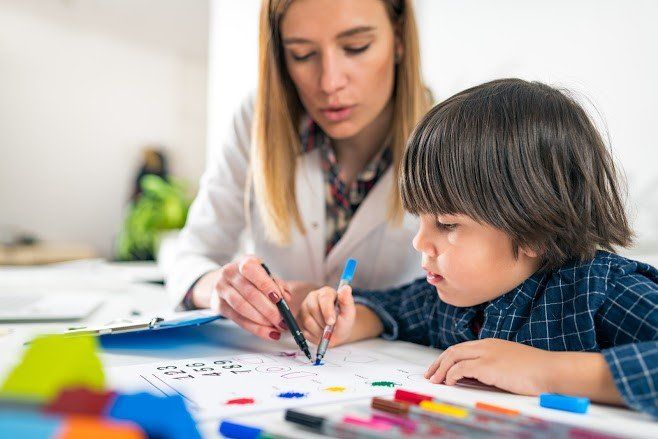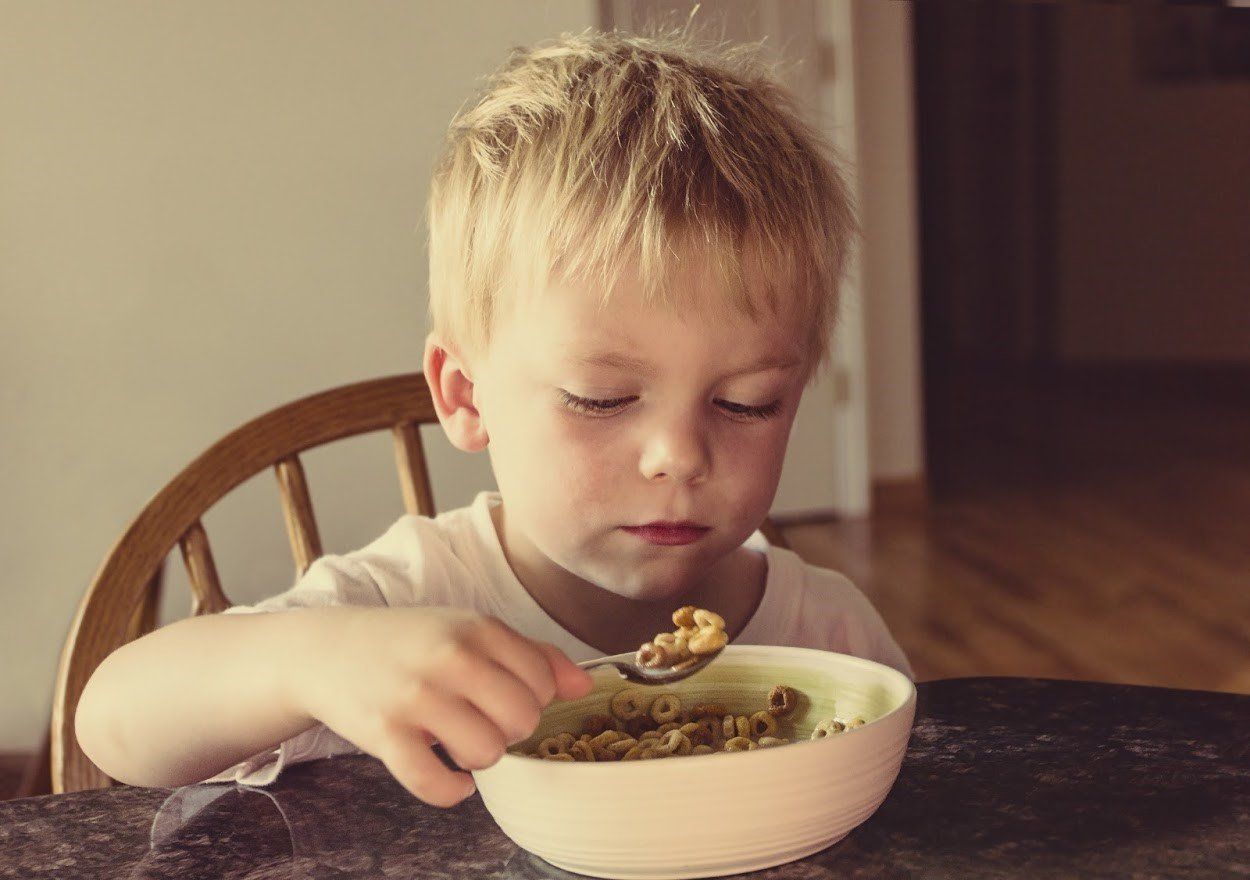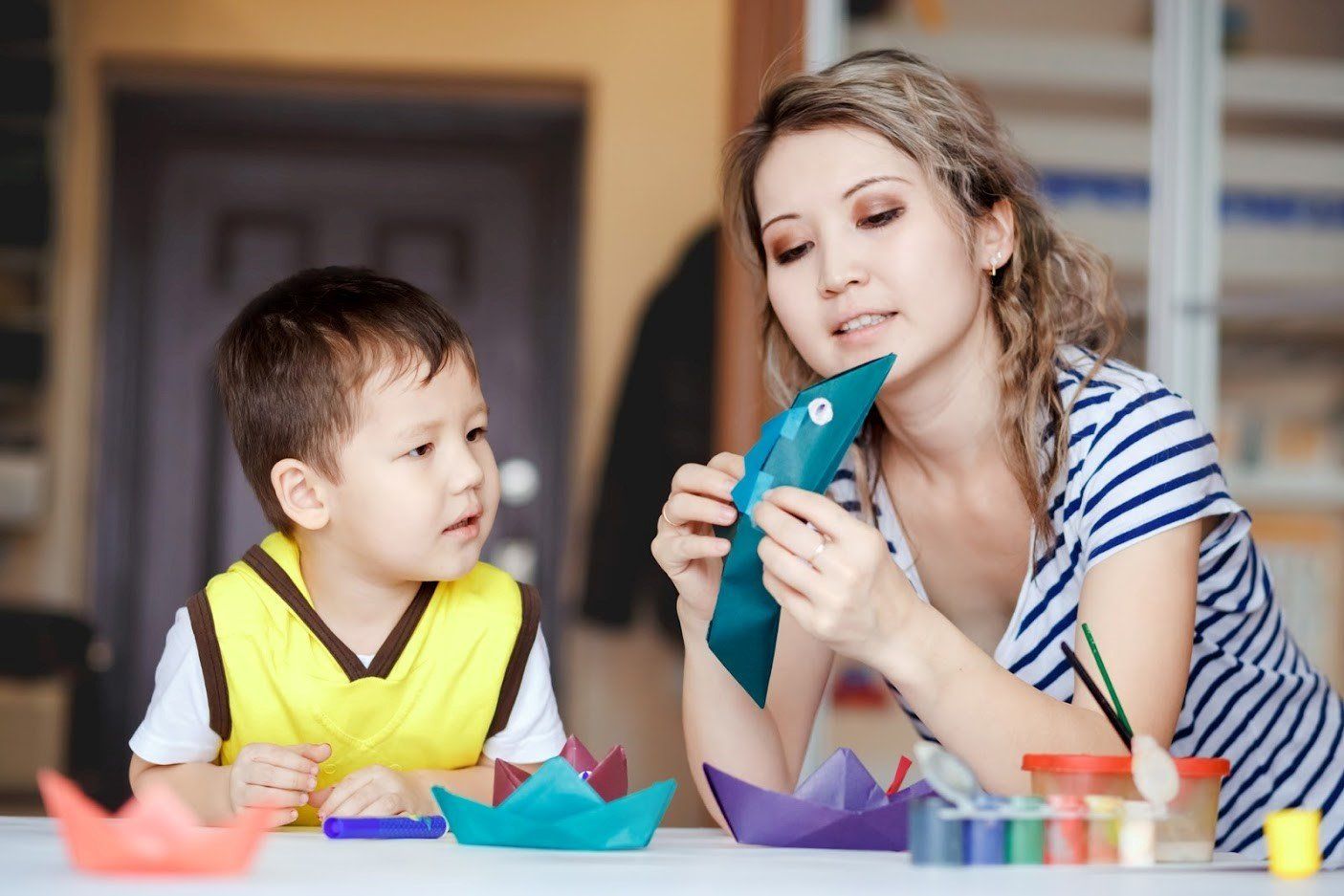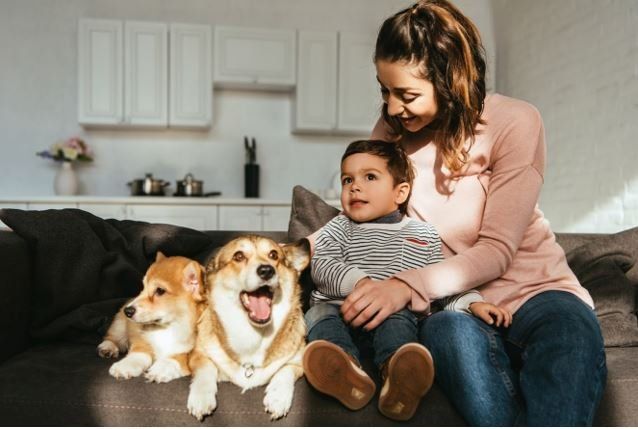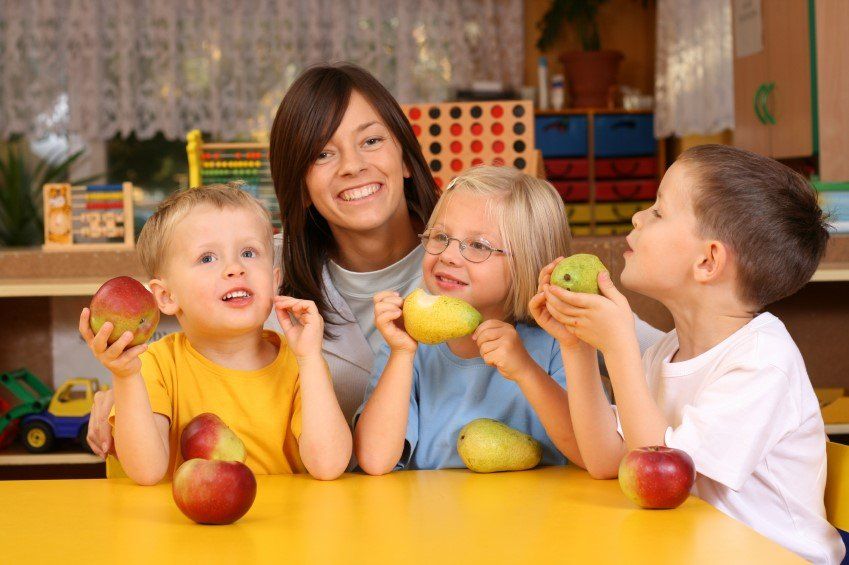Creativity and Your Preschooler: What Parents Need to Know
Creativity isn't something that's isolated to painters, musicians, and artsy individuals. The ability to create, think outside of the box, solve problems, and imagine is something that your preschooler has deep inside them. The key to unlocking this creative potential is providing the right environment, which is exactly what a high-quality early education program does.
Understanding what creativity is, how your child builds these skills, and the ways creativity helps your child is all part of parenting. Even though your young child is developing creative abilities during their preschool day, the learning doesn't stop there. Read on to learn how you can help your child bring out their inner creative self.
Creativity and Curiosity
Your child is a curious kiddo. They're into absolutely everything and adore exploring. The natural curiosity that your preschooler possesses can lead to creativity.
Creative thought takes the type of inquisitive mind that your child has — especially if they enjoy experimenting and making discoveries. Fostering curiosity can sometimes help your child be more creative. However, this depends on your child, the activities that they engage in, and how they interact with others like you, their teacher, or their preschool peers during exploration-based play.
Creativity and the Arts
When it comes to activities that foster creativity, the obvious choices are art lessons. The visual arts along with the performing arts set the stage for a young child's creativity to take flight.
Even though the arts are ideal for building creative abilities, the way you (or your child's preschool teacher) use them is important. An art activity that involves following a precise pattern, without deviating or making any changes to the steps an adult provides, won't add to your child's creative skill-set. Instead, it may have the opposite effect.
However, a process-based activity that allows the child to explore materials or the art itself can help your child to develop creativity.
Process-based activities encourage children to get hands-on and experiment within the framework of the art. These activities cross the different arts disciplines and are easy to use whether your child is playing with paints or trying on costumes.
Creativity and the Sciences
Creativity doesn't always mean drawing, painting, or sculpting. Your child can build on their creative skills through other areas — such as the sciences. While science doesn't immediately strike most people as a creative pursuit, the process used to experiment and make discoveries takes imagination, critical thought, and the types of problem-solving skills that creative thinkers use often.
Like with the arts, a step-by-step product-based activity won't encourage creativity. However, giving your child a scientific concept or idea to explore will encourage creativity. Using open-ended questions during science play, asking your child to make predictions, and encouraging them to come up with their own experiments, are all easy ways to promote creative growth through the sciences.
Creativity and the Community
The development of creativity doesn't happen in just one location. While your child will be more creative at preschool, they'll continue building their skills at home. In addition, you can use plenty of community venues and events as opportunities to help your child develop their creative skills.
Art or dance classes are obvious places that will encourage creativity. Along with these classes, community activities, museums, science centers, and performing arts companies (such as the ballet, the symphony, or a theater troop) can also help young children to use their imaginations and get creative.
Whether it's watching creative performers at work or thinking about the artworks that they view, your child is growing as a learner and as a person.
Are you looking for a challenging, creative preschool environment for your young child? Contact our team at Small World for more information.


